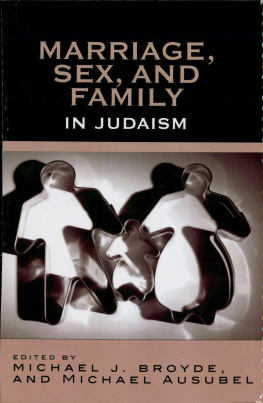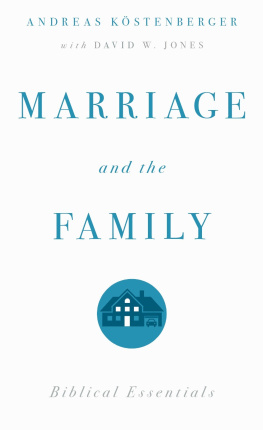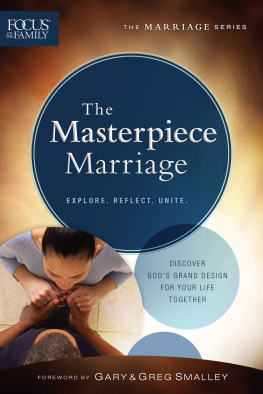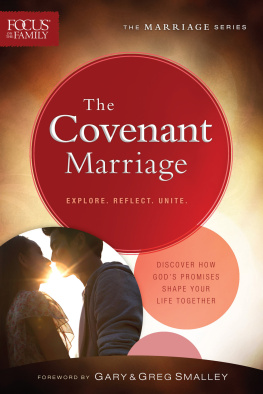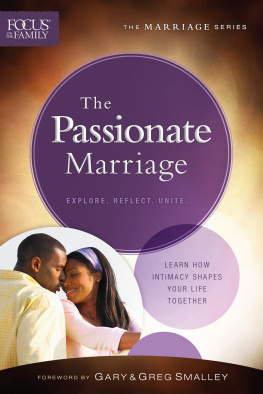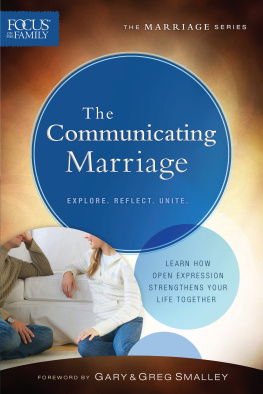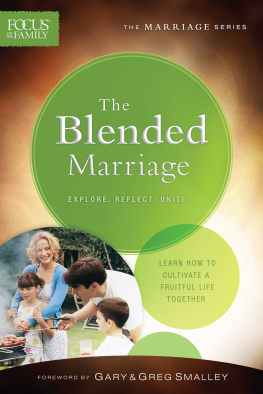First published 2015 by Ashgate Publishing
Published 2016 by Routledge
2 Park Square, Milton Park, Abingdon, Oxon OX14 4RN
711 Third Avenue, New York, NY 10017, USA
Routledge is an imprint of the Taylor & Francis Group, an informa business
Copyright Ashley Lavelle 2015
Ashley Lavelle has asserted his right under the Copyright, Designs and Patents Act, 1988, to be identified as the author of this work.
All rights reserved. No part of this book may be reprinted or reproduced or utilised in any form or by any electronic, mechanical, or other means, now known or hereafter invented, including photocopying and recording, or in any information storage or retrieval system, without permission in writing from the publishers.
Notice:
Product or corporate names may be trademarks or registered trademarks, and are used only for identification and explanation without intent to infringe.
British Library Cataloguing in Publication Data
A catalogue record for this book is available from the British Library.
The Library of Congress has cataloged the printed edition as follows:
Lavelle, Ashley.
Radical challenges to the family : from the sixties to same-sex marriage / by Ashley Lavelle.
pages cm
Includes bibliographical references and index.
ISBN 978-1-4724-5619-9 (hardback) -- ISBN 978-1-3156-0344-5 (ebook) -- ISBN 978-1-3170-7200-3 (epub) 1. Families. 2. Marriage. 3. Same-sex marriage--Political aspects. I. Title.
HQ503.L38 2015
306.85--dc23
2015014505
ISBN 9781472456199 (hbk)
ISBN 9781315603445 (ebk-PDF)
ISBN 9781317072003 (ebk-ePUB)
Preface and Acknowledgements
The idea for this book was born when I happened across some intriguing criticisms of the nuclear family by radical political activists and scholars. My interest was piqued enough to study the subject further, and the critical works I subsequently read were often informative and insightful. But I nonetheless frequently found them to be limited, incomplete, or dated. Those that stressed the economic importance of the family to capitalism tended to neglect its destructive psychological aspects and its role in passing on the values of capitalist society to future generations; other contributions, meanwhile, were strong on socialisation but weaker on economics. Many of these older radical works were in need of a reappraisal. Then there is the enormous mainstream literature both academic and general that takes for granted the small, detached, and private family, and which often ignores the unprecedented barrage of critiques produced by, among others, feminists and gay liberationists from the 60s onwards, when the institution came under its hitherto most sustained attack.
My chief ambition in writing the book, therefore, was to examine the most substantial radical criticisms of the family by drawing extensively on the literature of these movements, whose rich outputs constitute a story in need of telling itself. But I also wanted to re-examine their contributions in a contemporary light, asking what, if anything, has changed. Is the family still to be viewed with hostility by women and gays? Or, has the advent of same-sex parent families, for example, broken open the straitjacket of Mum, Dad, and the kids? Has the family finally become more attentive to womens needs, and more protective of children? Is it even appropriate to talk of the family, with so many different varieties apparent in the twenty-first century?
The more I progressed in my research, the more it became clear to me that the family had largely fallen off the radar of activists and organisations after previously coming under immense scrutiny. Indeed, the family almost seemed to have become fashionable in some quarters. One of the aims of the book, therefore, was to see how, and why, attitudes among various movements and activists to the modern family have changed from the late 1960s to the present.
Ultimately, the reader will judge whether I have succeeded in such objectives. But to the extent that I have done so, I have depended on the hard work, help, suggestions, and creativity of many people, whom it is impossible to fully acknowledge. Here, I shall mention just a few that stand out.
First, the book would be inconceivable without the hard labour and sacrifice of so many scholars and activists (including those directly cited in the book) who have come before me. I also owe an intellectual debt to those with whom I have worked in various social movements over the years, in particular the International Socialist Organisation (ISO, now Solidarity) in Australia. It was here where I first encountered radical critiques of the family. These left an impression that has stayed with me ever since then.
For the more material privilege in compiling this contribution to knowledge, I am first grateful to the publisher Ashgate, its staff (in particular, Neil Jordan and Kayleigh Huelin), and its anonymous reviewers. Similarly, I am indebted to my employer, Macquarie University, for awarding me a $AUD12,000 grant shortly after arriving there in November 2011. This injection of funds underpinned much of the archival research on which the book is based. The success of that grant application in the first place owed much to the sharp eyes of Professor Bridget Griffen-Foley and Gill Ellis, who generously pored over it.
My new students and academic colleagues at Macquarie also assisted in various ways: I have benefited from the dialectical process of teaching and learning, as some of the subjects covered below have been fleshed out in the classes that it has been my privilege to teach: I especially benefited from reading papers on same-sex marriage by James Bowers and Keith Rodrigues. Colleagues, meanwhile, allowed me to present some of the manuscripts ideas at seminars in the Department of Modern History, Politics, and International Relations in 201213, yielding particularly helpful comments in the process. A paper on same-sex marriage presented at the Australian and New Zealand Studies Association of North America (ANZSANA) in Austin, Texas in February 2014 also drew useful feedback, for which I am thankful.
For accessing the literature from which the book liberally borrows, I have relied on the inter-library loans staff at the university libraries of both Macquarie and Griffith, where I commenced this work as a then-staff member. I also owe a very large thanks to the gatekeepers of various archives housing material on feminism and homosexuality (as well as to those who collate such valuable material over many years before donating them to libraries, in the process performing an invaluable service to future generations). In no particular order, they are the: London Metropolitan Archives (Richard Wiltshire especially); Reading Room, London School of Economics (LSE) and Political Science Library; Baillieu Library, University of Melbourne (thanks to Katie Wood and Jane Beattie); Schlesinger Library, Radcliffe Institute for Advanced Study, Harvard University (thanks are also due to the National Organization for Women (NOW) for allowing me to comb through its very valuable papers at the Schlesinger); Bancroft Library, University of California, Berkeley (special thanks to David Kessler); New York Public Library, Stephen A. Schwarzman Building, Fifth Avenue at 42nd Street, Manhattan; Nicholas Murray Butler Library, Columbia University (thanks to Red Stockings for access to their materials); ONE National Gay & Lesbian Archives, Los Angeles; GLBT Historical Society, San Francisco; M.D. Anderson Library Special Collections, University of Houston; Special Collections, Otto G. Richter Library, University of Miami, Coral Gables; Special Collections, Earl K. Long Library, University of New Orleans; and the Manuscript Reading Room, National Library of Australia, Canberra.


